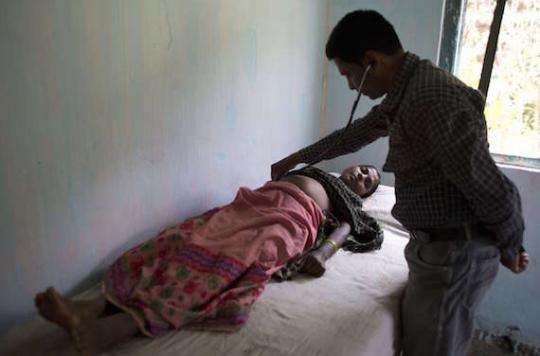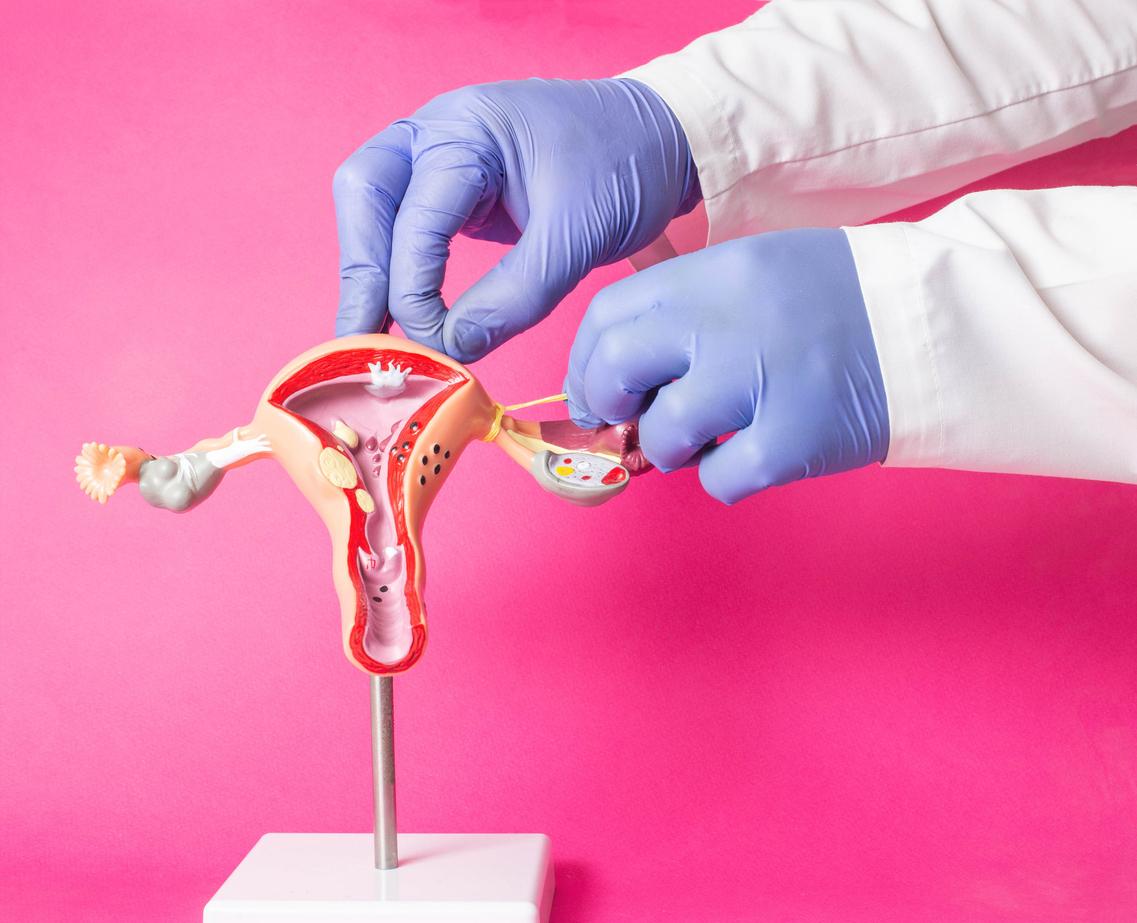The Indian government is preparing to offer injectable contraception, in a country where massive sterilizations have claimed the lives of many women.

It is a major turning point in the birth control policy in India. The country, regularly shaken by scandals of failed sterilizations leading to the death of many women, is preparing to offer free injectable contraception in its medical centers.
4 million tubal ligatures per year
For decades, sterilization of women has been conceived as the preferred means of birth control in India. Public opinion was able to discover, through the reports, the appalling conditions in which these interventions sometimes took place – especially in rural areas.
In December 2014, thirteen Indian women lost their lives after being sterilized, and around sixty were hospitalized. The investigation found that the doctor had operated on 83 women within 90 minutes, using the same needle, the same gloves, and using a bicycle pump.
Mass sterilizations are indeed very widespread in India to stem the growth of the population, which has reached 1.2 billion inhabitants. Each year, around 4 million tubal ligation procedures take place, as part of public programs run by states. They primarily target women living in rural areas, who are often very poorly informed.
Mistrust of the population
In September, the government announced its intention to offer other means of contraception to its population, including injectable contraceptives, which the WHO recommends for use in women of childbearing age. Currently, this method is only offered in private centers; only wealthy citizens can take advantage of it. As recalled by Seattle Time, studies show that if Indian women spaced their pregnancies by two years, maternal and infant mortality could fall by 30% and 10% respectively
However, the government’s decision arouses mistrust among part of the population. Paradoxically, associations for the defense of women have stepped up to denounce the reliability of medical infrastructures in India, which are said to be incapable of regulating the use of injectable contraceptives. According to these associations, women may lack information on side effects and good practices related to these contraceptives. Moreover, their informed consent may not be systematically obtained.
However, the government has indicated that caution will guide this campaign. The method will be introduced gradually in certain centers selected by the State. It will then be generalized to hospitals across the country, starting next year. Contraceptive implants are also expected to become more accessible.
.
















